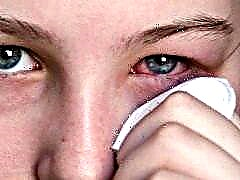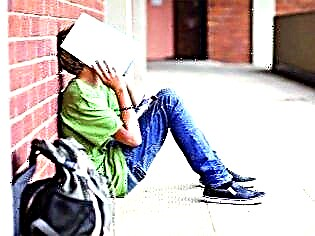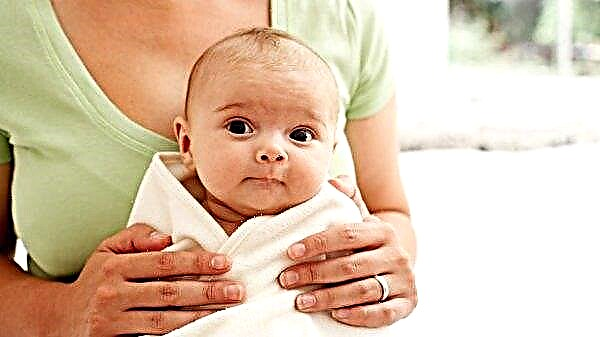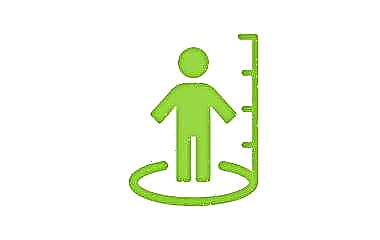
Inflamed eyes can often be seen in adults, but children still suffer from conjunctivitis more often. At the same time, some complain of inflammation of the eye membrane in almost every case of a viral or other disease.
This disease is quite dangerous, and in the absence of proper treatment, it can lead to serious consequences for the health of the organs of vision. But it is necessary to treat a person, regardless of age, not only with prescribed ointments and eye drops, but also psychologically, since eye inflammation has clear psychosomatic causes. They will be discussed in this article.

General information
Conjunctivitis is an inflammatory process located in the conjunctiva (the membrane of the organs of vision). Up to 85% of all cases of eye inflammation are caused by adenoviruses, and only up to 15% of cases in both adults and children are caused by pathogenic bacteria. There is also a non-infectious type of disease, when the eyes become inflamed with a severe allergic reaction.
Conjunctivitis can be both acute and chronic, in which an irritating factor affects the eyes for a long time. Such circumstances as vitamin deficiency, metabolic disorders, chronic diseases of the nose are considered predisposing to the onset of the disease.
Symptoms are expressed in swelling of the eyelids, lacrimation, inflammation of the eyes, the release of pus from them (with a bacterial form).
Conjunctivitis, in addition to allergic, is contagious and easily passes from one eye, on which it manifests itself, to the other.
More often than others, people with blue eyes suffer from pathology, since they have a higher level of light sensitivity.
Psychosomatic causes
At first glance, according to the description of the disease, there is absolutely nothing psychosomatic in it - viruses, bacteria, allergens. With them, everything is more or less simple and understandable. But this is an erroneous opinion, since the predisposition to inflammation of the conjunctiva so far medicine cannot clearly explain. In other words, there are people who have suffered from eye inflammation at least once in their lives, and there are those who are forced to treat conjunctivitis with enviable regularity.
Psychosomatics, which studies the relationship of bodily changes with psycho-factor and emotional state, considers the problem in a complex, and psychoanalysts were able to establish a fairly clear connection between certain psychotypes and behavioral habits and frequent diseases of the organs of vision.
- The eyes, from the point of view of psychosomatics, are an organ that allows you to see the picture of the world, visually perceive events and information coming from outside. Therefore, conjunctivitis and almost all other eye diseases develop not only due to the ingress of bacteria or viruses, but also due to the fact that a person himself makes this infection possible. He just doesn't want to see something or someone. He can "close his eyes" and try not to notice certain events, people who are unpleasant to him, his own shortcomings.
If a person has conjunctivitis, this means that something from the outside, what he sees, gives him internal discomfort, mental pain. In response to it, a defense mechanism subconsciously turns on: if pain comes through vision, then this vision needs to be reduced. So, in general terms, the disease of the conjunctiva develops.


- A predominant lesion of the right eye usually speaks of a negative vision of the world, as well as an hostile and painful vision of everything male (often associated with childhood psychological trauma, with a father, brother and their influence). If the problem is mainly with the left eye, psychosomats say that a person sees himself negatively or has childhood trauma due to difficult memories of his mother.
Many researchers emphasize that this is a reasonable approach, because it is the mother who forms the child's attitude towards himself, and the father opens the child that very big world, and how the child's communication with mother and father will affect how he will perceive himself , the world and yourself in the world.

- A person who suffers from conjunctivitis with enviable regularity, according to psychoanalysts, is usually quite cowardly. He is afraid to face the truth, to open his eyes to reality, he tries to run away from the problem instead of tackling it. He really does not like what he sees, and he would be glad not to contemplate, but instead of reconciling with the unpleasant, he begins to get irritated, offended, angry at this negative, which leads to an inflammatory disease.
Psychosomats note that most often, exacerbations of chronic inflammation of the eyes are suffered by those who experience a strong fear for their future, for them it is fuzzy, unclear, scary and for this reason painful.

In children
Children's conjunctivitis is most often caused by the fact that babies are forced to look at something that is unpleasant for them - at the quarrels of their parents. The presence of a stepfather or stepmother in the house may also be unpleasant for a child; some children react this way to their own grandmothers if they are overprotective.
Adolescent conjunctivitis is more associated with fear of the future and internal conflicts, during which a young man or girl experiences anger, disappointment at the sight of something or someone. Often this is due to certain events and the fear that they might happen again.
Psychotherapist Valery Sinelnikov notes that in adolescence, children are more susceptible to conjunctivitis, who often experience feelings such as gloating, for example, when their peers fail.

How to treat?
You need to be treated comprehensively. On the one hand, consultation with an ophthalmologist and the appointment of appropriate treatment - medicines, and after the acute period has passed - physiotherapeutic treatment is required. And if in the case of acute conjunctivitis this is quite enough, then a chronic illness and frequent relapses are a reason to visit a psychotherapist or clinical psychologist. The child can be shown to a child psychologist.
Psychotherapy will include techniques that will allow a person to change his attitude towards the world and the people around him and his own reactions to problem situations.
For those afraid of the future, relaxation and motivational therapy is recommended.
An adult must remember that he sees what he is able to perceive. That is, the external always reflects the internal: if a person is aggressive, he sees aggression, if he is greedy, he sees greed, if he is cowardly, he sees betrayal and cowardice.
What you see can clearly and unambiguously suggest with what negative quality or feeling you need to work in yourself. It is important to explain it to children in an accessible form, then there will be much less problems with the organs of vision.




